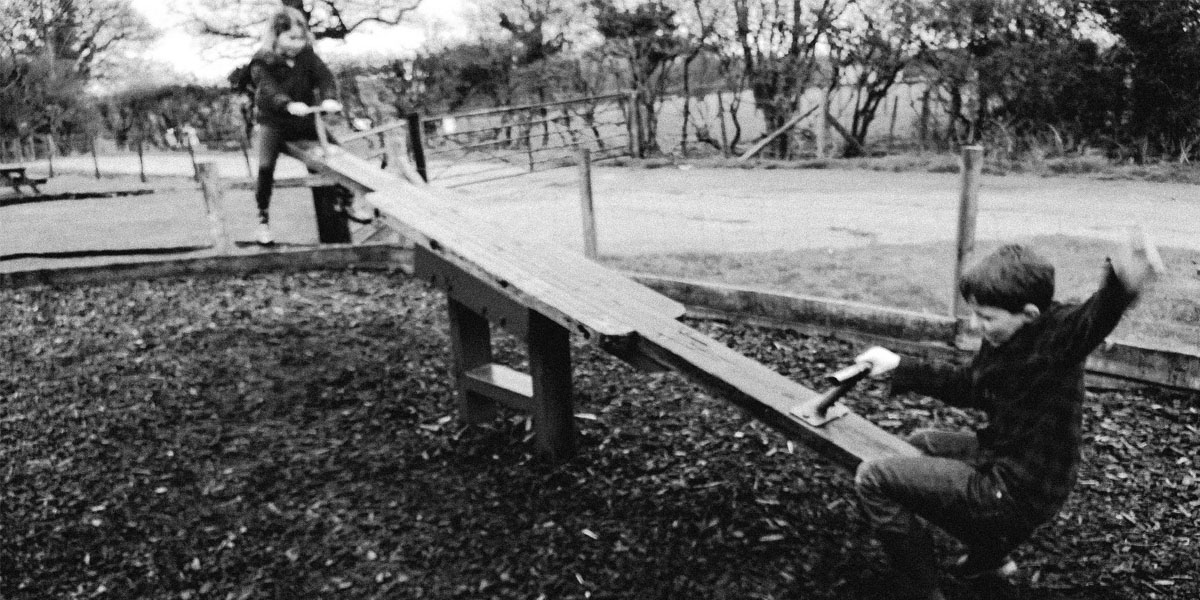Why it matters: Fighting child poverty
Of Labour’s many achievements in government, the one of which I’m most proud is our success in reducing child poverty. Between 1979 and 1997, child poverty doubled under the Tories. When Labour left power in 2010, it stood at its...
Of Labour’s many achievements in government, the one of which I’m most proud is our success in reducing child poverty. Between 1979 and 1997, child poverty doubled under the Tories. When Labour left power in 2010, it stood at its lowest in 25 years.
More than a million children were lifted out of poverty under Labour: that’s no small achievement. And it didn’t happen by accident. Deliberate, persistent and effective policies – boosting family incomes by increasing child benefit and the introduction of tax credits; introducing the new deals to help increase parental employment, especially lone parent employment, and establishing the national minimum wage; a massive expansion in childcare and the introduction of Sure Start; investment in education, and in child and maternal health – these and many other initiatives significantly reduced child poverty, and improved children’s life chances across a range of indicators.
But for all that Labour achieved in government, in a major sense we failed. We didn’t do enough to embed our success, and to keep public opinion onside. I am shocked, distressed and angered at how easily the coalition government has been able to dismantle our achievements. Today, progress on reducing relative income poverty has stalled (and would be going backwards were it not that middle incomes have also been squeezed). Disgracefully, shamefully, absolute poverty is on the rise. Now, not least so as to disguise its own failures, the government’s even proposing to redefine what poverty means – moving away from measuring poverty on the basis of family incomes.
Labour must therefore come back fighting, not just to defend our past record, but on the imperative once again to put tackling child poverty centre stage. Eradicating child poverty is both economically sensible and morally right, sitting four square with Ed Miliband’s vision of one nation. The cost of failing to act on child poverty, the waste of children’s potential, the expenditure needed to correct what’s gone wrong, runs into tens of billions of pounds. Even more importantly, the moral case demands we ensure that no child is left behind.
There’s no doubt however that different times call for a different kind of approach. We need to learn from what worked under previous Labour governments, but we also have to acknowledge what did not. So we know, for example, that pressures on the public finances constrain policy choices based solely on redistribution via tax credits, and that the government’s chaotic universal credit and savage cuts to the value of working age benefits and benefits for children will have made the situation even worse. And, crucially, we have to recognise that while work should be the best route out of poverty for most families, today two thirds of children growing up below the poverty line live in households where at least one adult is in paid work.
Against that backdrop, Labour therefore must do three things now. First, we must re-establish the target to reduce and ultimately eliminate child poverty, with income measures at its heart. To be sure, the original ambition to end child poverty by 2020 now looks out of reach. But there’s no reason why progress can’t be got back on track, and a new time frame agreed.
Second, we have to recognise that it’s no longer enough for families to be better off in work than out of work – work must lift them out of poverty for good. Of course, that’s always been the goal – and Labour’s approach last time round relied heavily on the use of in-work tax credits to subside low wages.
But Ed Miliband’s been quite clear in his vision of a “responsible capitalism” that such an approach is neither affordable, nor is it right to let business off the hook. So job guarantees must sit alongside the extension of the living wage, addressing labour market inequalities, improving rights at work, and investing in skills and training married to our policies on sustainable economic growth.
Third, and most controversial, we have to be unapologetic now in our belief that investing in our children is our country’s top priority. Children bear no responsibility for the financial situation we are in, they are entitled to look to adults for protection, but they are also 100 per cent of our guarantee for the future. That is why, when difficult choices have to be made, children must always come first. That is why ending child poverty must be Labour’s number one cause.
